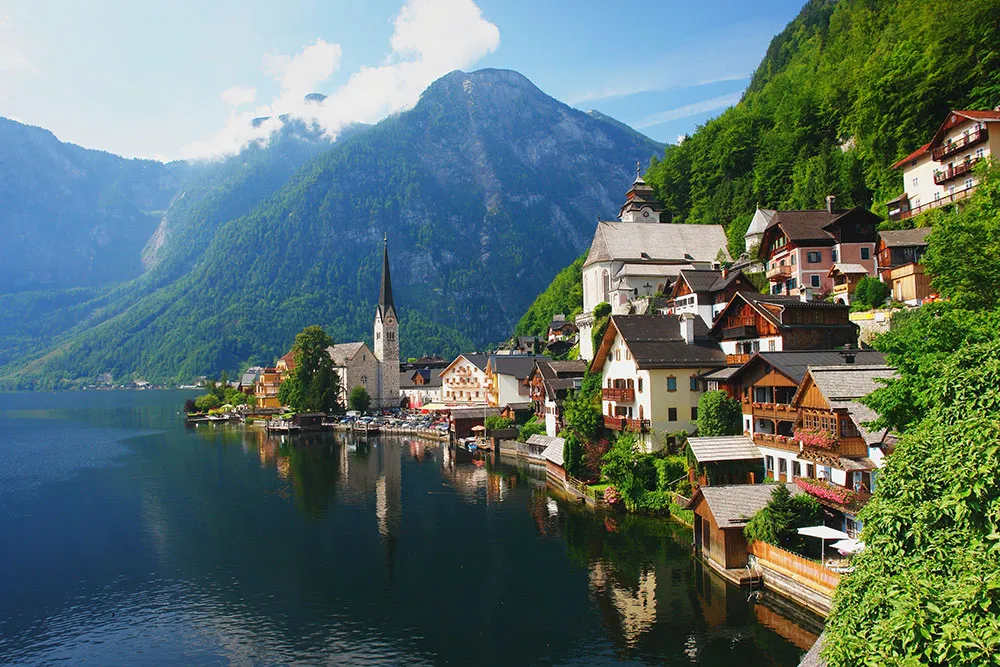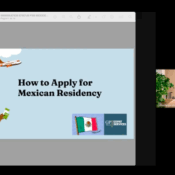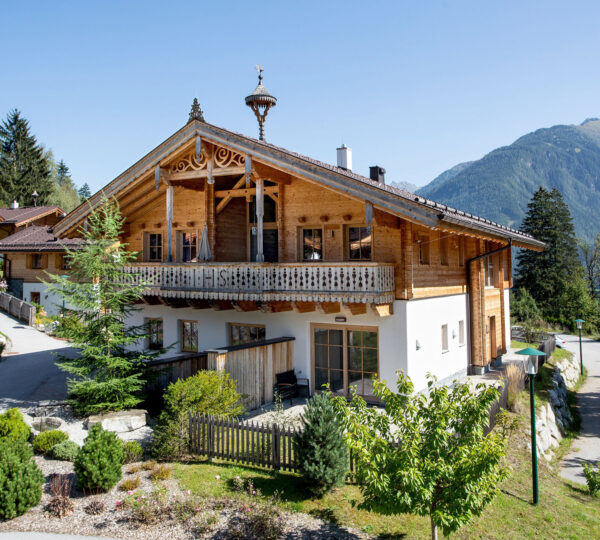
Visa & Residency in Austria for Foreigners
Austria is an attractive destination for expatriates, digital nomads, students, and investors due to its high quality of life, strong economy, and beautiful landscapes. Whether you are visiting for a short stay or planning to move permanently, understanding Austria’s visa and residency options is crucial.
This guide provides a detailed overview of Austria’s visa types, requirements, and the process for obtaining temporary or permanent residency.
1. Do You Need a Visa to Enter Austria?
Your visa requirements depend on your nationality and length of stay.
Visa-Free Entry (Schengen Zone Rules)
– EU/EEA/Swiss Citizens – Can enter and stay indefinitely without a visa.
– Non-EU Citizens (U.S., Canada, UK, Australia, etc.) – Can enter visa-free for up to 90 days within a 180-day period under the Schengen Agreement.
Who Needs a Visa?
- Nationals of countries not eligible for visa-free travel must apply for a Schengen Visa before arriving in Austria.
- If staying longer than 90 days, a long-term visa or residence permit is required for all non-EU citizens.
2. Types of Austrian Visas
| Visa Type | Purpose | Validity |
| Schengen Visa (Type C – Short Stay) | Tourism, business, family visits | Up to 90 days |
| National Visa (Type D – Long Stay) | Work, study, family reunification | More than 90 days |
| Red-White-Red Card (Work & Residence Permit) | Skilled professionals & workers | 1-2 years |
| EU Blue Card | High-skilled workers with job offers | 2 years |
| Student Visa | University studies | Duration of study |
| Self-Employed & Business Visa | Business & freelancers | 1-2 years |
| Retirement Visa (Financially Independent Persons Permit) | Retirees with sufficient funds | 1-2 years |
3. How to Apply for a Visa to Austria
Short-Stay Schengen Visa (Tourist Visa)
📌 Best for: Tourists, business travelers, or short-term visitors.
Step 1: Check Your Eligibility
- If your country is not eligible for visa-free travel, you must apply for a Schengen Visa.
Step 2: Gather Required Documents
– Valid passport (must be valid for at least 3 months after departure)
– Completed Schengen visa application form
– Passport-sized photos (according to Schengen requirements)
– Proof of accommodation (hotel booking or invitation letter)
– Travel itinerary & return ticket
– Proof of financial means (bank statements, payslips, etc.)
– Travel health insurance (€30,000 minimum coverage)
Step 3: Submit Your Application
🔹 Apply at the Austrian embassy or consulate in your home country.
🔹 Pay the visa fee (€80 for adults, €40 for children under 12).
Step 4: Wait for Processing
🔹 Processing time: 15-30 days.
Step 5: Receive Your Visa
– If approved, your visa is stamped in your passport.
4. Long-Term Visas & Residence Permits
If staying in Austria for more than 90 days, you must apply for a National Visa (Type D) and later a residence permit.
4.1 Austria Red-White-Red Card (Work & Residence Permit)
📌 Best for: Skilled workers, employees, and professionals.
– Valid for up to 2 years
– Must have a job offer in Austria
– Points-based system for eligibility (skills, work experience, language proficiency)
– Allows spouse and children to apply for residence permits
🔹 Processing time: 6-8 weeks.
4.2 Austria EU Blue Card (Highly Skilled Workers)
📌 Best for: High-income professionals with job offers.
– Valid for 2 years
– Requires a job offer with a minimum salary of €45,595/year
– Faster residency pathway than the Red-White-Red Card
🔹 Processing time: 6-8 weeks.
4.3 Austria Student Visa
📌 Best for: Students enrolling in Austrian universities.
– Requires proof of admission, sufficient funds, and health insurance.
– Allows part-time work (up to 20 hours per week).
🔹 Processing time: 1-2 months.
4.4 Austria Self-Employed & Business Visa
📌 Best for: Entrepreneurs and freelancers.
– Requires a viable business plan and sufficient funds.
– Must prove the business will contribute to the Austrian economy.
– Allows for family reunification.
🔹 Processing time: 2-3 months.
4.5 Austria Retirement Visa (Financially Independent Persons Permit)
📌 Best for: Retirees and individuals with passive income.
– No work is allowed.
– Must prove sufficient funds (€2,000/month income minimum).
– Requires private health insurance.
🔹 Processing time: 2-3 months.
5. How to Apply for an Austrian Residence Permit
Step 1: Gather Documents
– Passport & visa copy
– Proof of accommodation in Austria
– Health insurance
– Proof of financial means
– Application fee (€150-€200 depending on permit type)
Step 2: Apply at the Austrian Immigration Office
🔹 Submit your application at the Austrian Migration Office.
Step 3: Biometrics Appointment
🔹 Provide fingerprints and photos.
Step 4: Receive Your Residence Card
🔹 If approved, you’ll receive your residence permit card (valid for 1-2 years).
6. Austrian Citizenship & Permanent Residency
Permanent Residency (EU Long-Term Residence Permit)
📌 After 5 years of legal residence, you can apply for permanent residency.
– No need to renew every year
– Must prove continuous residence and financial stability
Austrian Citizenship by Naturalization
📌 After 10 years of residency, non-EU citizens can apply for Austrian citizenship.
– Must pass a German language and integration test
– Must prove economic self-sufficiency
7. Frequently Asked Questions (FAQs)
1. Can I work in Austria with a tourist visa?
– No, a work visa is required for employment in Austria.
2. How long can I stay in Austria without a visa?
– Up to 90 days (for visa-free countries).
3. Can I apply for a residence permit from my home country?
– No, you must first enter Austria with a National Visa (Type D).
4. How long does it take to get an Austrian residence permit?
📌 2-4 months on average.
5. Can I get Austrian citizenship through investment?
– Yes, but requires a substantial investment (€2-10 million) and government approval.
8. Conclusion
– Austria offers multiple visa and residency options, including the Red-White-Red Card, EU Blue Card, and Business Visa.
– Long-term residency can lead to permanent residency and citizenship.
– Consulting with Austrian immigration lawyers can speed up the process.
📌 Useful Resources:
📍 Austrian Immigration Office: https://www.migration.gv.at/
📍 Schengen Visa Application: https://www.schengenvisainfo.com/
Use our database to find visa facilitators, real estate agents, and recommended professionals. You will also have the ability to book a time to meet with our expats on the ground. These are individuals just like you who have gone through the immigration process and have been living in your desired country or city.
During these sessions, you can discuss every small detail related to the moving process. It’s like having a trusted friend everywhere you go. Whether you want to plan a short trip, need help finding an apartment, or you want some advice on moving to a particular city, they can help. This is a great way to meet someone with a similar background to help you achieve any of your goals.
Recent Posts
Comprehensive Step-by-Step Guide to Obtaining Your Visa In Mexico
Buying Your First Business in France
All Categories
- Argentina
- Australia
- Austria
- Bahamas
- Bali
- Belize
- Brazil
- Chile
- Colombia
- Costa Rica
- Czech Republic
- Denmark
- Dominican Republic
- Ecuador
- El Salvador
- Fiji
- France
- Germany
- Greece
- Hungary
- India
- Ireland
- Jamaica
- Japan
- Malaysia
- Mexico
- Netherlands
- New Zealand
- Norway
- Panama
- Peru
- Philippines
- Portugal
- Singapore
- South Korea
- Spain
- Sweden
- Switzerland
- Thailand
- UAE
- Uncategorized
- United Kingdom
- Uruguay
- Vietnam



